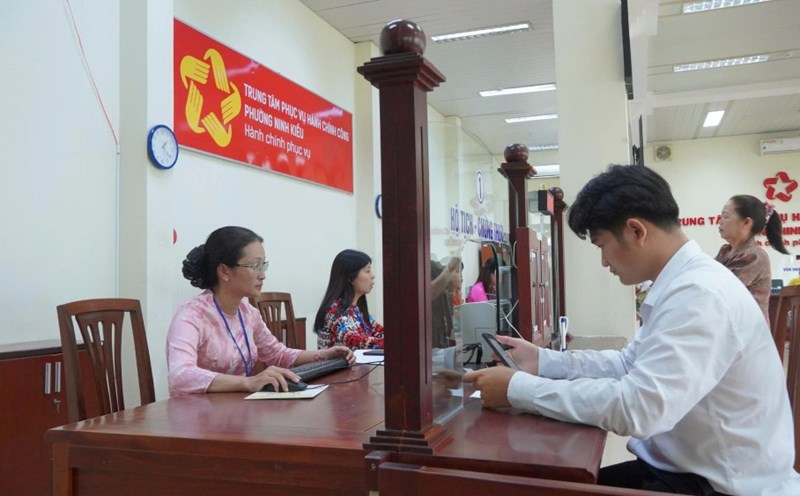On the afternoon of August 7, at the regular Government press conference in July, the press asked a representative of the Ministry of Education and Training (MOET): The Draft Law on Higher Education (amended) is proposing amendments related to the review of university programs.
Accordingly, except for some specific majors such as pedagogical, medical, and legal, for training programs for the remaining majors, there will no longer be a compulsory assessment mechanism; the Ministry plans to apply artificial intelligence (AI) software to review and re-evaluate the assessment reports of schools.
"Please tell the Ministry of Education and Training specifically about the basis for this implementation? Can AI really replace humans in a specific and complex field such as training quality assessment? ", the reporter asked.
Responding to this content, Mr. Huynh Van Chuong - Director of the Department of Quality Management (Ministry of Education and Training) - said that the draft law not only stipulates mandatory training programs in the above sectors and fields but also stipulates mandatory training programs in other sectors and fields according to the list prescribed by the Minister of Education and Training.
"The draft Law on Higher Education is being amended, not abolishing the mandatory inspection mechanism for training programs, but instead re-establishing the scope of mandatory inspection on the basis of risk approach and priority public interests in accordance with international practices," said Mr. Chuong.
The draft law gives the Ministry of Education and Training flexible and controlled authority to adjust the list of compulsory inspection programs, in accordance with actual developments and development requirements at each stage and in accordance with international practices. And in particular, still ensuring the highest requirement is to ensure the quality of the training program.
Regarding the expected application of AI in appraising inspection results and evaluating reports of schools, in the draft, the Ministry of Education and Training is assigned the responsibility to regulate the appraisal of inspection results and handling violations in university education quality assessment activities.
"This helps to make inspection activities transparent, in accordance with objective principles, and increase the responsibility of Inspection Councils in appraisal of external assessment reports," said Mr. Chuong.
In the context of applying information technology and strong digital transformation to training activities, the Ministry of Education and Training is also developing a roadmap for applying AI for this activity.
This is to support the review, qualitative and qualitative assessment of self-assessment reports and inspection reports, abnormalities, copy content, and formed signs.
At the same time, compare and compare to match information between the evidence, database and issued inspection standards. Thereby issuing an early warning against the risk of fraud or poor reporting quality before conducting a direct appraisal.
According to Mr. Chuong, this is in line with the trend. However, he also emphasized that the application of AI does not replace humans, but is a tool to support experts in assessment and appraisal to make decisions that are more informed, objective and cost-effective, especially in the context of more and more training programs and inspection organizations participating in the system.











